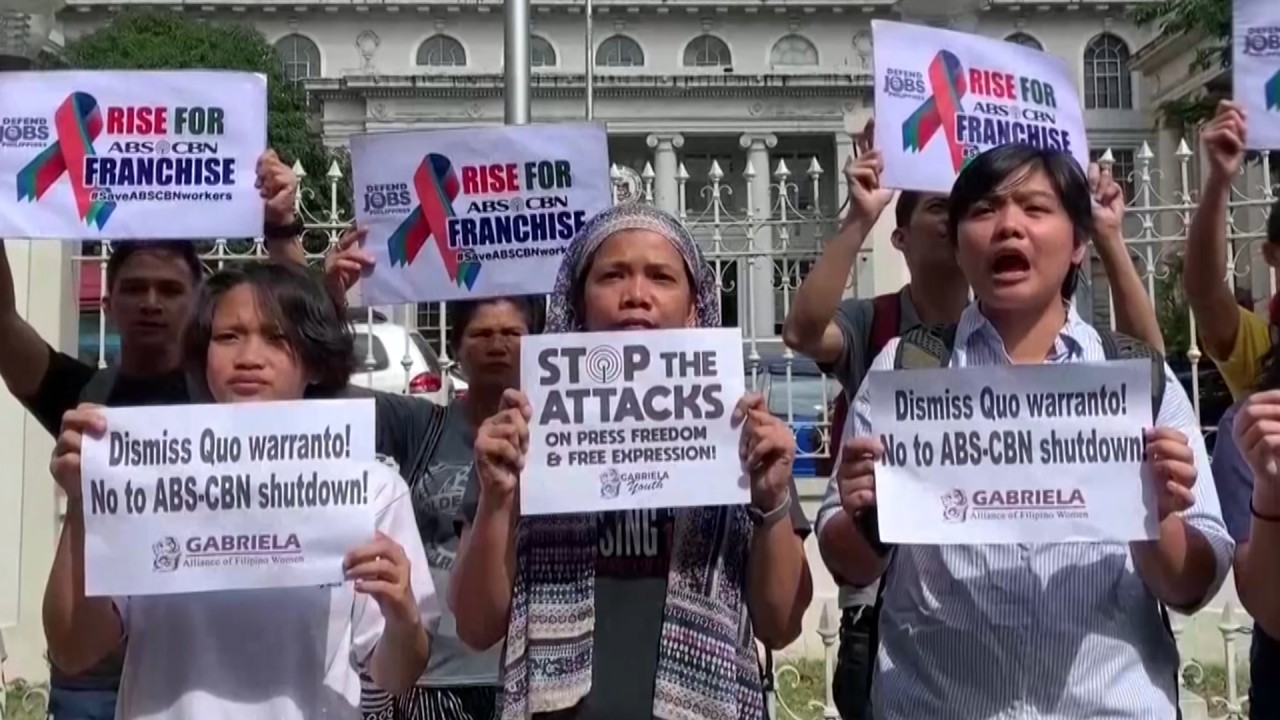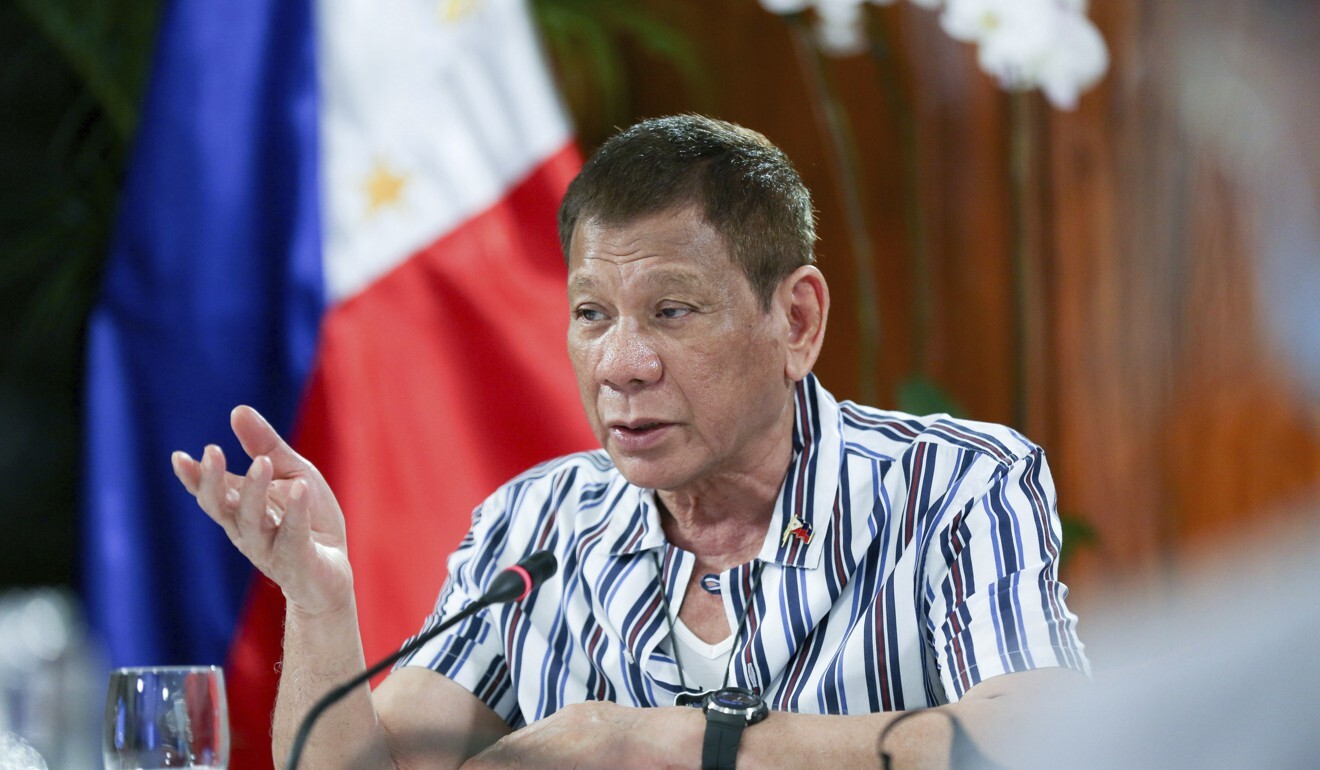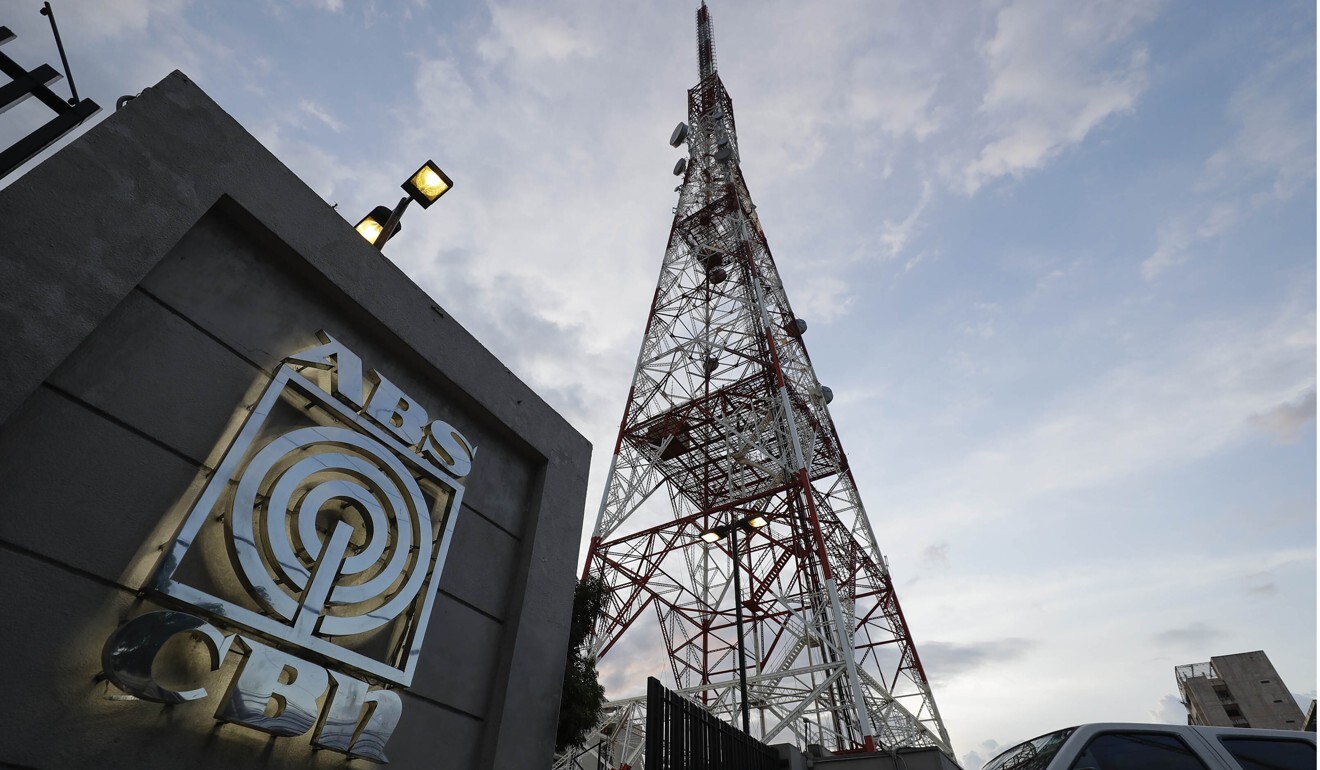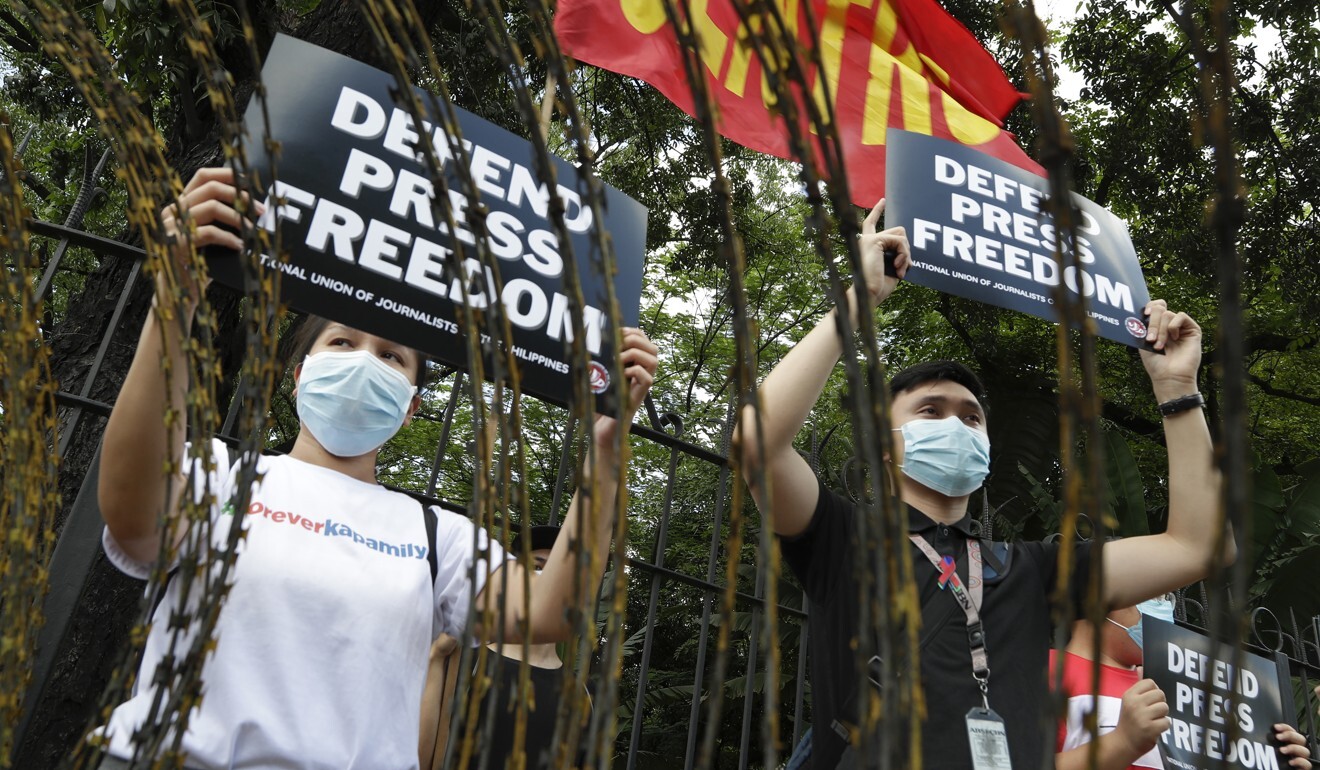
01:36
Protesters slam president Duterte’s move to close ABS-CBN, top media group in the Philippines

As recently as a year ago, ABS-CBN was the Philippines’ mightiest broadcast network, its television, cable, digital and radio stations pulling in billions of pesos and catering to millions of Filipinos domestically and around the world.
Now it’s just a closed building, a big question mark hanging over its fate.
“No one is certain at this point as to who will retain or lose their jobs. We are all living in uncertainty,” said Ging Reyes, head of the network’s integrated news and current affairs.
She said the company still owned the building and all its equipment. “It’s still ours. We can still produce content, ideally. We still have cable. We can do content on cable. We still have online.”
But the broadcast giant has lost the heart of its dominance – its free-to-air television and radio programming, in particular its hugely popular newscasts.

01:36
Protesters slam president Duterte’s move to close ABS-CBN, top media group in the Philippines
The network stopped broadcasting on May 5 when its 25-year franchise expired. On Friday July 10, Congress voted 70-11 to deny ABS-CBN a new franchise, effectively shutting down the company.
In rejecting the company’s application, congressmen first held a series of hearings in which they took turns raising accusations ranging from the citizenship of the network’s CEO to charges of tax evasion, abusive business and labour practices, foreign ownership, news bias and even alleged lewdness in some of its shows. Then they compiled nearly all the charges in a committee report that recommended turning down the franchise.
But some sceptics believe the real reason for the rejection isn’t in the law books. They see the move as part of a vendetta, pointing out that President Rodrigo Duterte has made no secret of his loathing for the company, having vowed several times that he would see to it that it was put out of business.
Since coming to power Duterte has been hostile to the press. His administration has also gone after the online news company Rappler and its editor, Maria Ressa.

In the case of ABS-CBN, Duterte has said that when he ran for president in 2016, he paid for a campaign advertisement but the network never ran the material. The company also broadcast an advertisement by an opposition senator that stressed Duterte’s penchant for foul speech and ran stories about the president’s alleged secret bank accounts.
Calling the network “swindlers” Duterte said of the company’s franchise in 2018: “I will not let it pass. Your franchise will end. You know why? Because you are thieves.”
Last Friday, a congress seen as subservient to the president appears to have fulfilled his threat.
The congressmen rejected the franchise despite the consequences. The broadcast company is one of the country’s biggest firms – in 2015 it was number 90 in the top 1,000 corporations list. In 2018 its income before taxes came to 8 billion pesos (US$161 million).
Closing the company would endanger the jobs of up to 11,000 employees, at a time when the coronavirus pandemic is causing massive unemployment problems. Other sources said the corporation would probably start laying off personnel by August.
There are other effects: Filipinos depend on the giant network for news and there are places in the country that only ABS-CBN’s transmitters can reach. Reyes said that, “according to our own research there are three million plus Filipinos that are totally deprived [without ABS-CBN].”
The audiences in these far-flung areas rely on the network for information on typhoons and other calamities.

For now, the company can continue running shows on its cable and online networks but Reyes said neither were making any money.
“We need to tighten our belts, basically, so that we can continue. I don’t know by how much but we have to make painful adjustments.”
Reyes added: “Now look at the landscape of broadcast media. How many TV stations are there? Four? Five? How many of these are independent media? Three. Now ABS is gone, there are just two. The rest are government owned or controlled.”
A specialist close to the company who asked not to be named said that the advertising revenues from free television subsidises the rest of the corporation. The source said that even before the problems with the Duterte administration, “the network’s revenues were no longer growing – they were shifting online”.
He said the frequency previously licensed to ABS-CBN (Channel 2) provided a clear transmission signal and “whoever gets that can make money from it”.
However, it would be necessary to get the existing broadcast tower that is part of the network’s complex. There are already rumours that businessmen close to Duterte might buy the complex.
The shut down is the second time around for the Lopez family that owns the 66-year-old network. An oligarchy that was once politically powerful, the family decades back openly mixed politics and media, using their control of the network and a newspaper to further their political interests. One member even became a vice-president in the 1960s.

But the network was shut down and seized in 1972 by the dictator Ferdinand Marcos, who jailed the young heir of the family, Eugenio Lopez Jr, and handed over the company to a crony who ran it as a propaganda arm of the dictatorship.
When Marcos was chased out of the country in 1986, the family regained control of their media holdings and started serving up a winning mixture of news and entertainment that made ABS-CBN into the country’s biggest network. The family distanced themselves from direct involvement in politics although the network employed news presenters who used their popularity to run for office. One became a senator, another a vice-president. Foreign Secretary Teodoro Locsin Jr used to be a commentator. Gina Lopez, the late sister of ABS-CBN’s current chairman emeritus, was a former cabinet member in the Duterte government.
Duterte may have been referring to the Lopezes this week when he bragged before soldiers that “without declaring martial law, I dismantled the oligarchy that controlled the economy of the Filipino people”.
House Speaker Alan Peter Cayetano said recently that in blocking the franchise, “we simply put an end to the privilege of one family in using a public resource to protect and promote their private interest”.
Chita Lopez-Taylor, the mother of ABS-CBN’s chairman emeritus Eugenio Lopez III, said: “What can I say? It is so much like what happened to the Lopezes in 1972. Not only did they take over ABS-CBN, they put my husband in jail. He used to say, maybe they wanted to make an example of us, this is what will happen to you if you resist this government.”